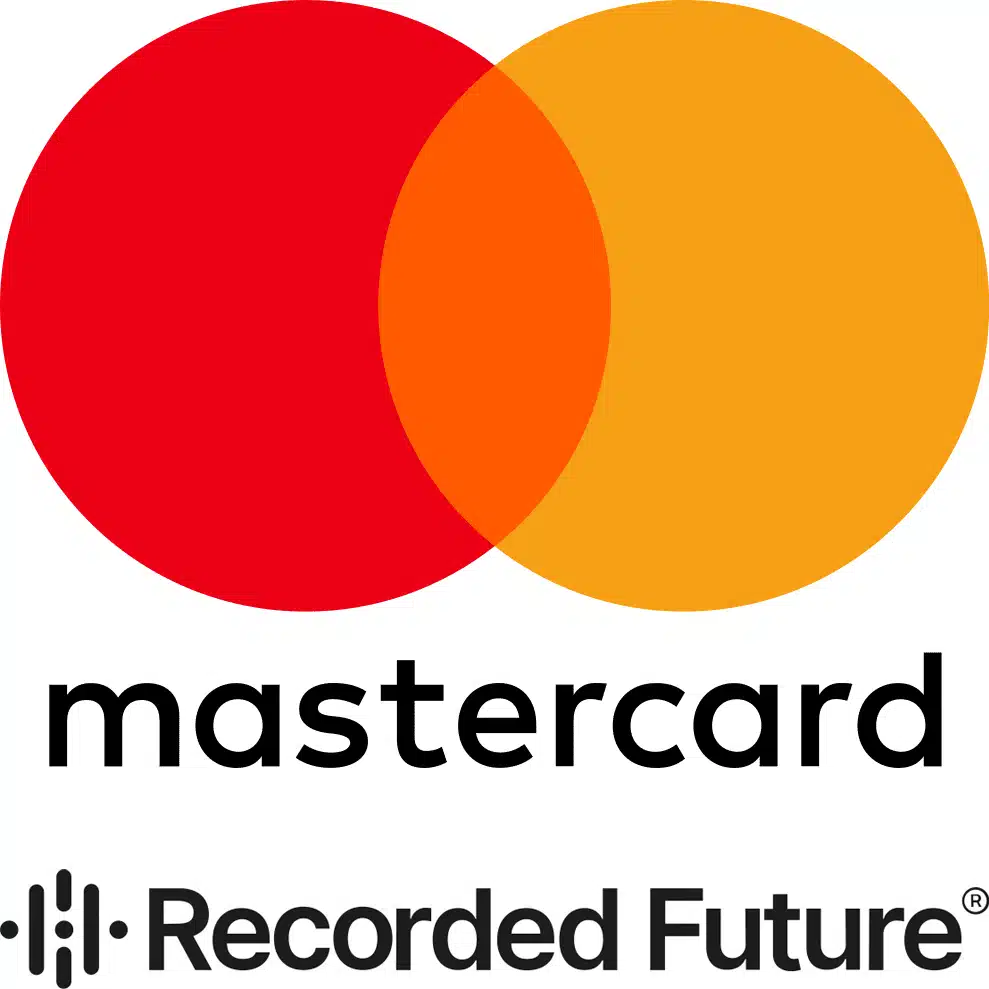Fiserv Inc. is looking to beef up its capabilities in embedded payments with an agreement to acquire Payfare Inc., a Toronto-based company, for $201.5 million Canadian, or approximately $139 million in U.S. currency.
The deal, which was announced early Monday and is subject to shareholder approval, comes as processors look to build or acquire capabilities in relatively new and growing fields such as earned-wage access.
The announcement also reflects mounting interest n the payments industry this year in locking in new capabilities quickly via acquisitions. There have been 77 deals so far, ahead of the pace seen in 2023, when there had been 72 combinations by this time, according to data compiled by TSG, formerly The Strawhecker Group.

The pricetag for Payfare comes at a 90% premium to the company’s closing price on Toronto Stock Excchange, the company said early Monday in announcing the deal with Fiserv.
“Our Board conducted a thorough strategic review process together with our financial advisors, having evaluated numerous acquisition, commercial partnership, and other opportunities, and concluded that the transaction is in the best interests of the company, its various stakeholders, and its shareholders, with certainty of value with an all-cash offer,” Marco Margiotta, Payfare’s chief executive and founding partner, said in a statement. “This transaction represents tangible recognition of the value and strength of what Payfare has built as we embark on this exciting new chapter.”
Observers see a strong rationale behind the deal. “Fiserv is an industrial-strength scale provider of traditional processing to banks and merchants. It’s more likely to acquire new capabilities than to develop them inhouse,” notes Eric Grover, principal at the payments advisory Intrepid Ventures. “Payfare will enrich its ability to provide payments to the burgeoning gig economy and hourly workers living paycheck-to-paycheck.”
For his part, Fiserv CEO Frank Bisignano hailed the deal as an accelerator for Fiserv’s efforts to support embedded-finance capabilities. The market is expected to generate $7 trillion in volume by 2026, up from $2.1 trillion in 2021, according to projections from Bain & Co. Bisignano is expected to leave Fiserv to take up an appointment by the incoming Trump admistration to run the Social Security Administration.

In related news, Mastercard Inc. on Friday announced it has closed on its $2.65-billion deal for Recorded Future, a cyberthreat intelligence platform based on artificial intelligence. The deal was announced in September. The seller, Insight Partners, assumed a controlling interest in the company in 2019.
The deal comes as payments companies look to shore up defenses against a rising tide of fraud threats, particularly in e-commerce. “Adding Recorded Future’s AI-driven threat- intelligence capabilities to our cybersecurity services, identity solutions, and real-time fraud scoring will enable us to better support our customers in these efforts,” said Johan Gerber, executive vice president for security solutions at Mastercard, in a statement.





